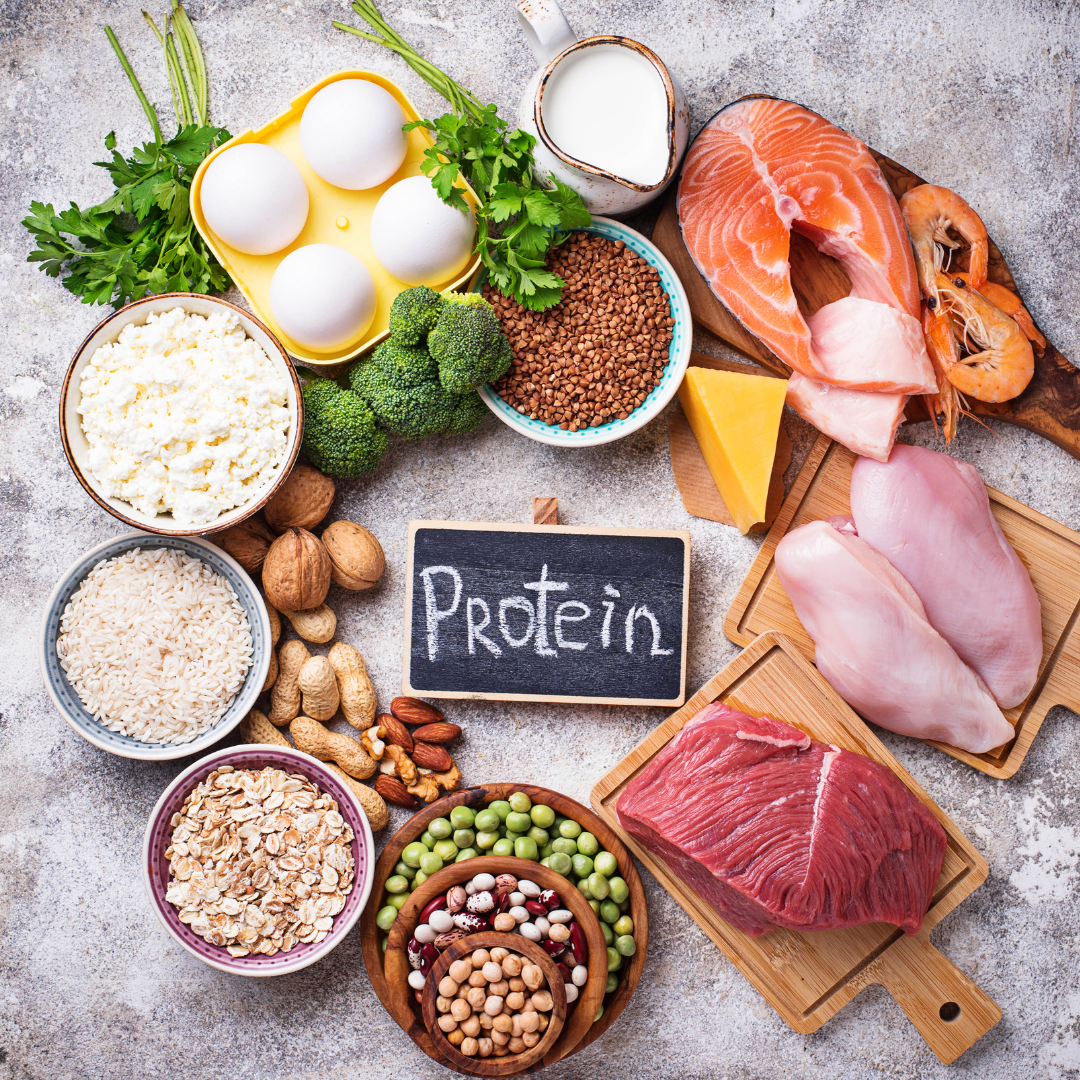
Protein is often hailed as the building block of life, and for good reason. It plays a crucial role in various bodily functions, from building and repairing tissues to supporting immune function and producing enzymes and hormones. Incorporating an adequate amount into your diet is essential for overall health and well-being. In this article, we’ll explore the power of protein and provide guidance on how much you should consume daily.
The Importance of Protein
Proteins are made up of amino acids, which are the building blocks of cells, tissues, and organs in the body. Unlike carbohydrates and fats, the body does not store excess protein, so it’s important to consume an adequate amount regularly to maintain optimal health. Here’s why these are essential:
- Muscle Growth and Repair: Protein is crucial for muscle growth and repair. It’s indispensable for athletes, fitness enthusiasts, and individuals recovering from injuries.
- Cellular Function: They play a vital role in the structure and function of cells, including transporting nutrients, regulating fluid balance, and supporting metabolic processes.
- Immune Support: Certain proteins, such as antibodies, are integral to the immune system, helping the body defend against infections and diseases.
- Enzyme Production: Many enzymes, which facilitate biochemical reactions in the body, are made of proteins. These enzymes have an important role in digestion, metabolism, and other essential processes.
How Much Protein Do You Need?
The recommended daily intake varies depending on factors such as age, sex, weight, activity level, and overall health status. As a general guideline, the Dietary Guidelines for Americans suggest the following daily intake:
- Adults: The recommended dietary allowance (RDA) for protein is 0.8 grams per kilogram of body weight. However, this may vary based on individual needs. Active individuals, older adults, and those looking to build muscle may require higher intake.
- Athletes and Active Individuals: Athletes and people who engage in regular exercise may need 1.2 to 2.0 grams of protein per kilogram of body weight to support muscle repair and growth.
- Older Adults: Older adults may benefit from consuming slightly more protein to counteract age-related muscle loss and maintain muscle mass and strength.
Examples of Protein-Rich Foods
You can meet your daily needs by incorporating a variety of protein-rich foods into your diet. Here are some examples of sources and their approximate protein content per serving:
- Animal-Based Proteins:
- Chicken breast (cooked, 3 oz): 26 grams
- Salmon (cooked, 3 oz): 22 grams
- Eggs (1 large): 6 grams
- Greek yogurt (6 oz): 17 grams
- Cottage cheese (1/2 cup): 14 grams
- Plant-Based Proteins:
- Lentils (cooked, 1/2 cup): 9 grams
- Chickpeas (cooked, 1/2 cup): 7 grams
- Tofu (3 oz): 8 grams
- Quinoa (cooked, 1/2 cup): 4 grams
- Almonds (1/4 cup): 6 grams
Conclusion
Protein is an essential nutrient that plays a vital role in maintaining health and supporting various bodily functions. By consuming an adequate amount daily, you can promote muscle growth and repair, support immune function, and optimize overall health. Whether you prefer animal-based or plant-based, incorporating a variety of protein-rich foods into your diet ensures you meet your daily protein needs. Remember to consider individual factors such as activity level and age when determining your intake and consult with a healthcare professional or registered dietitian if you have specific dietary concerns or goals.



